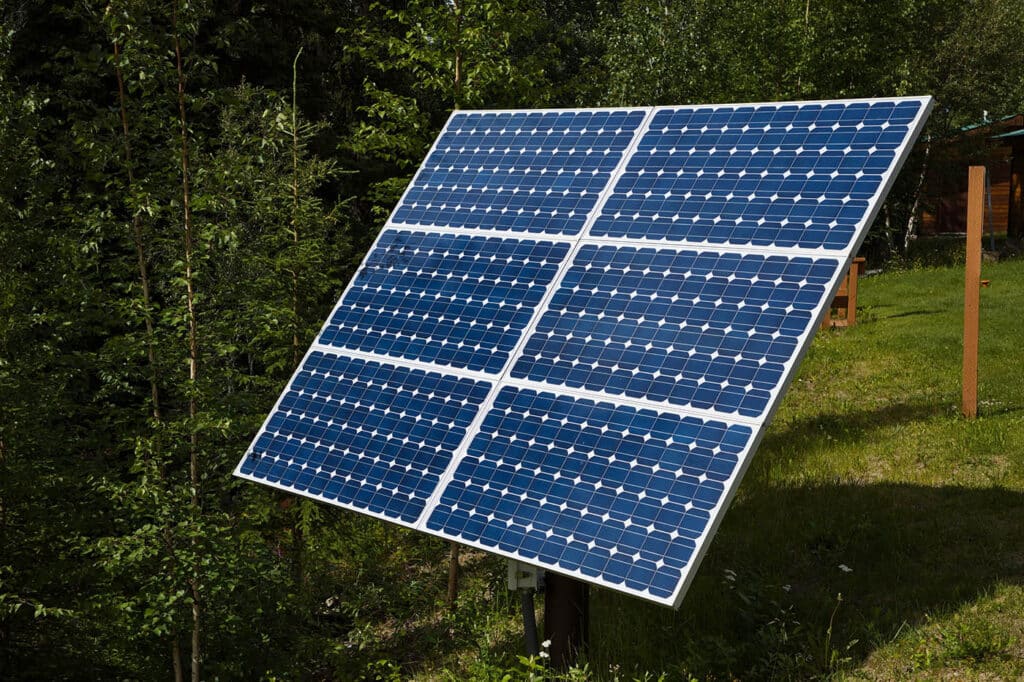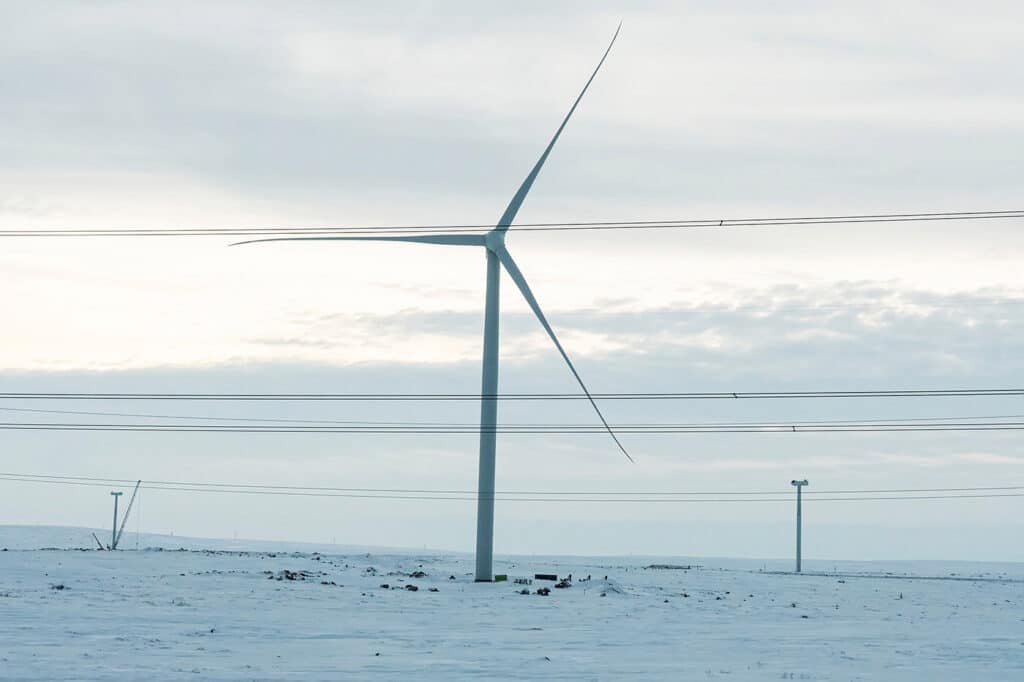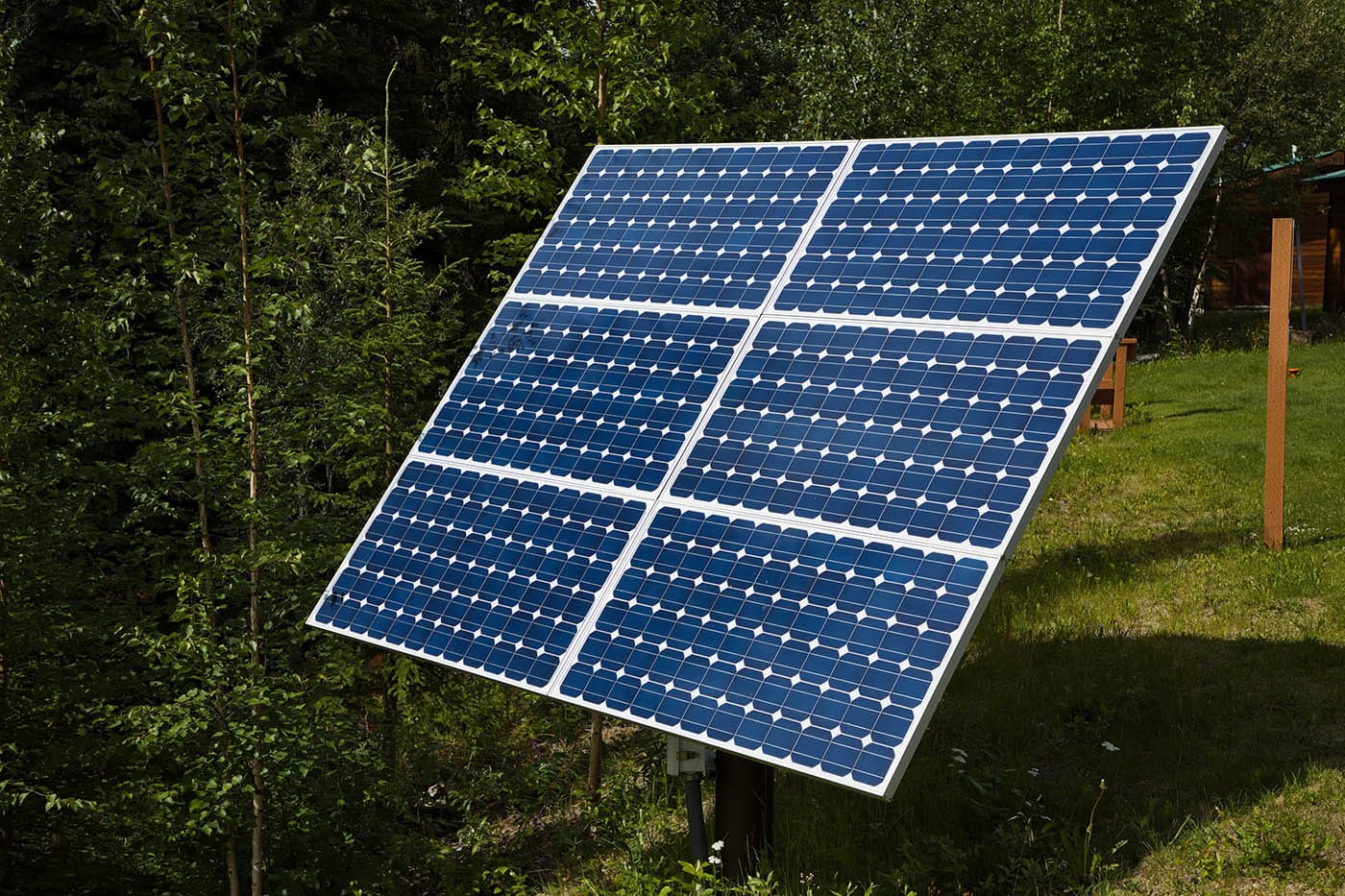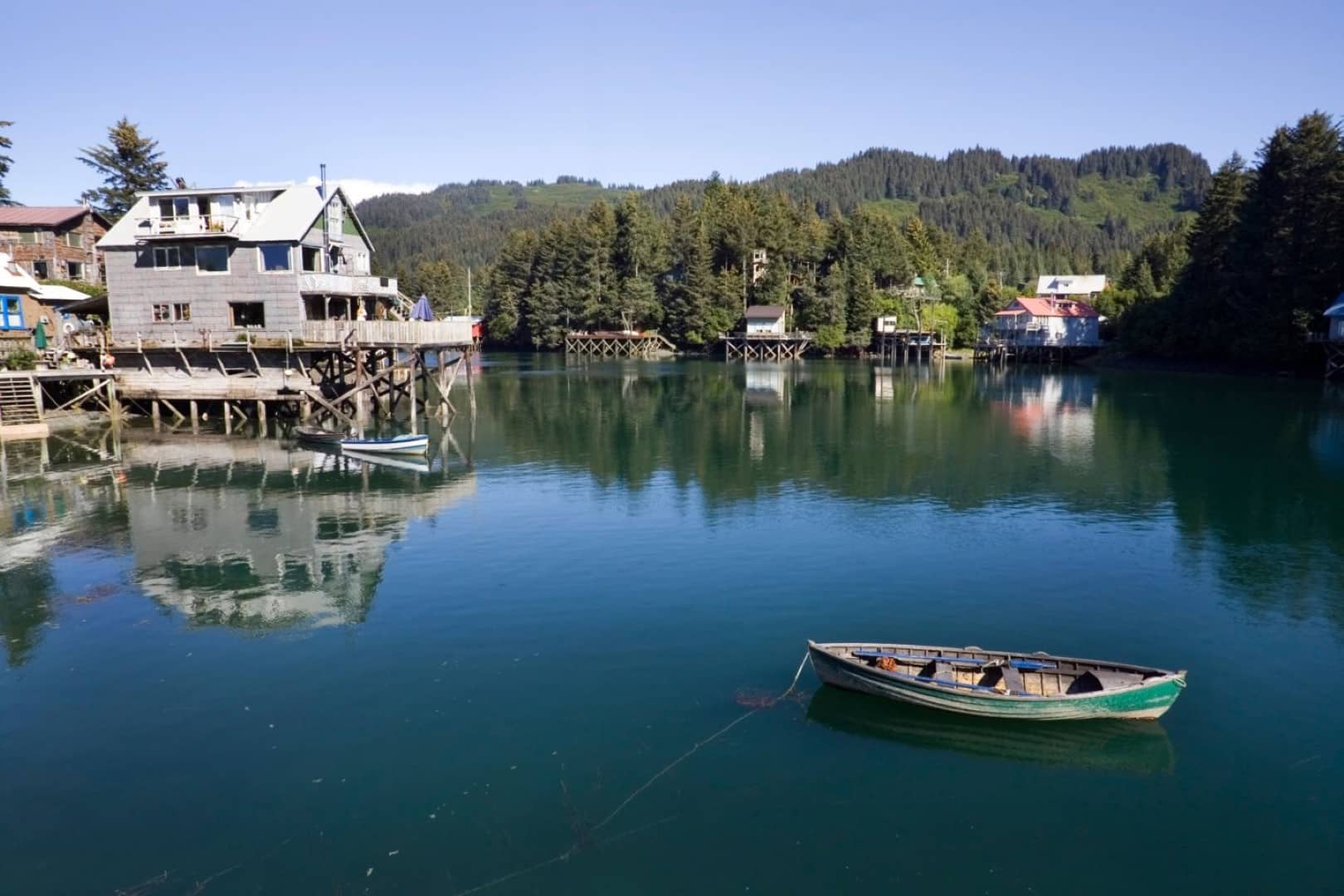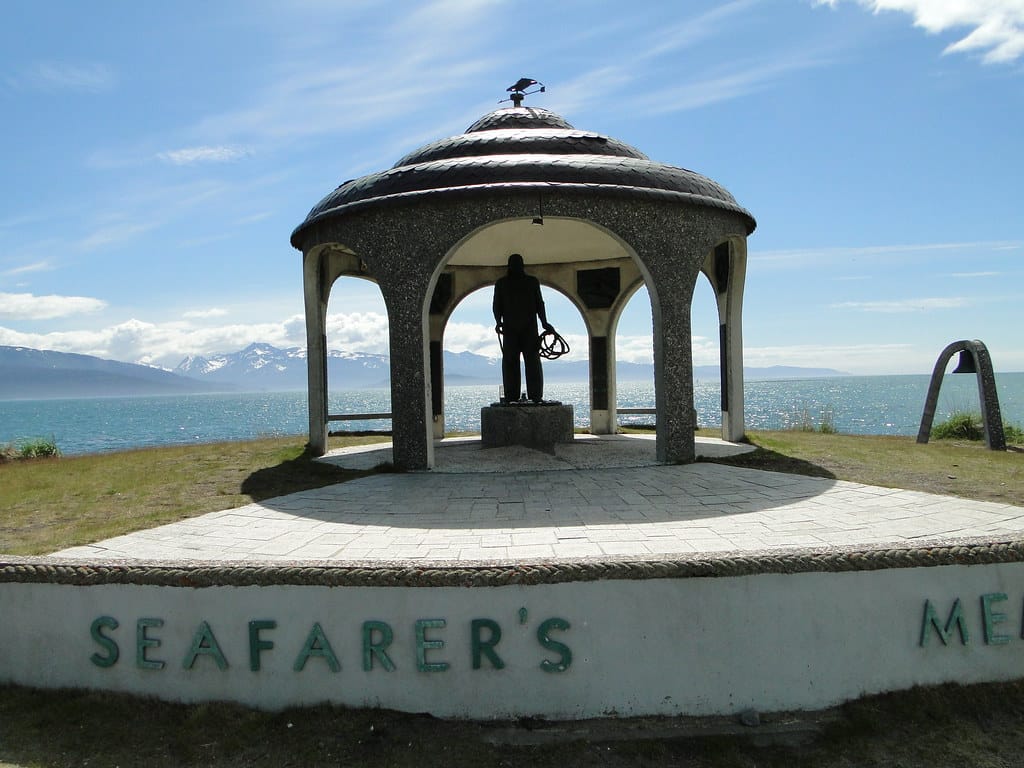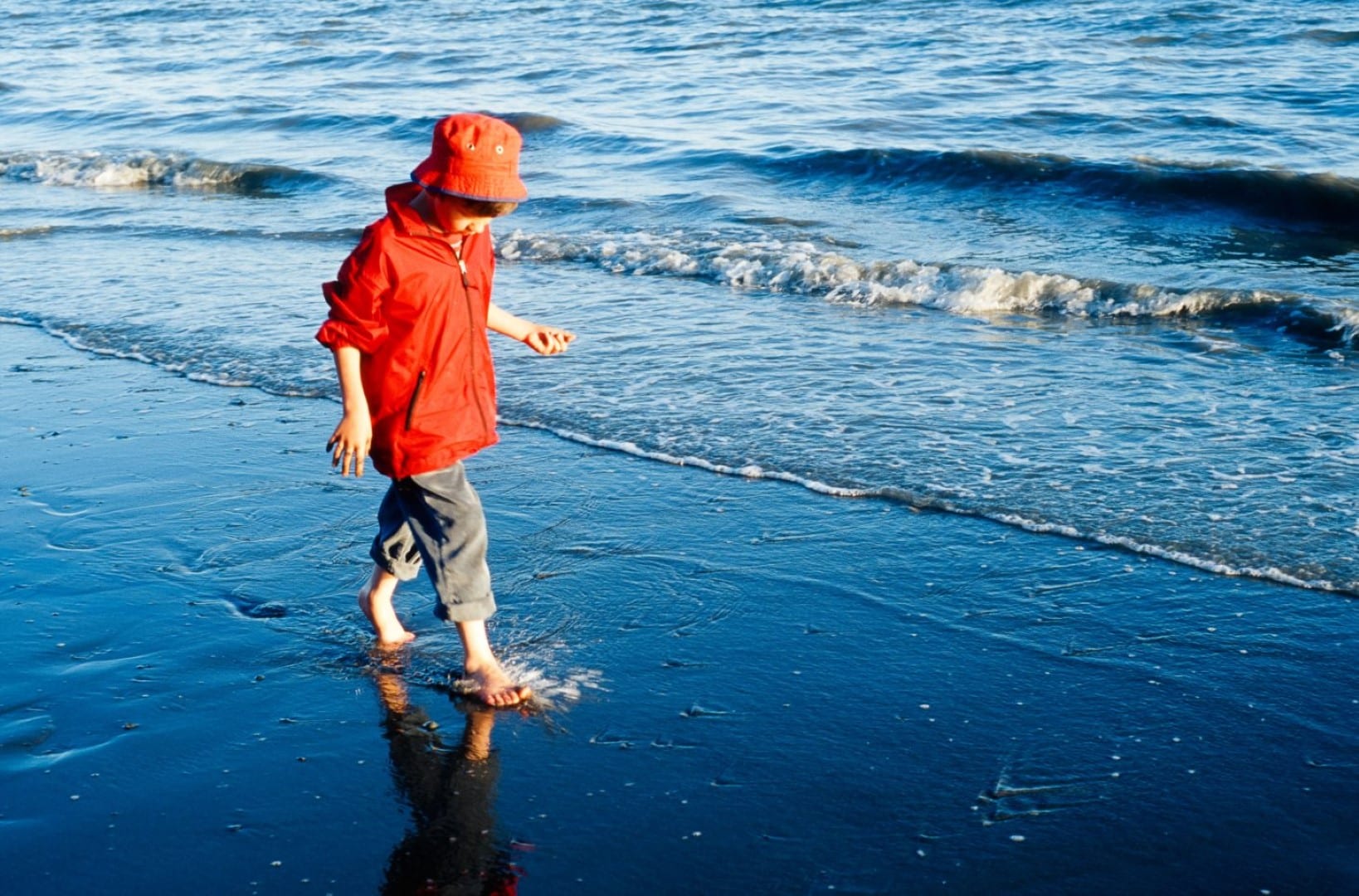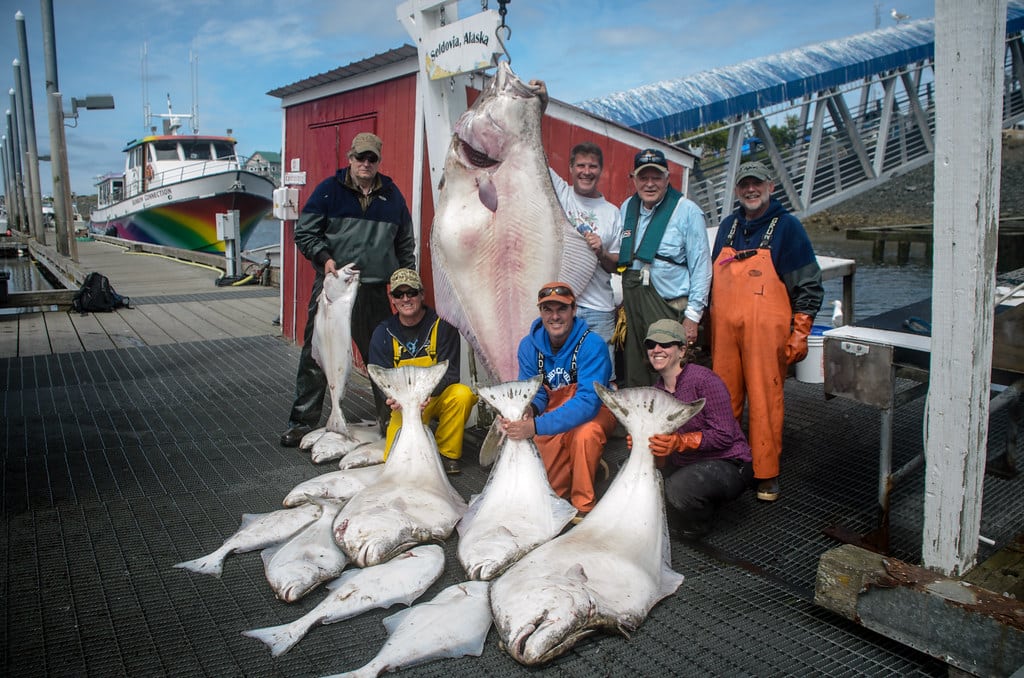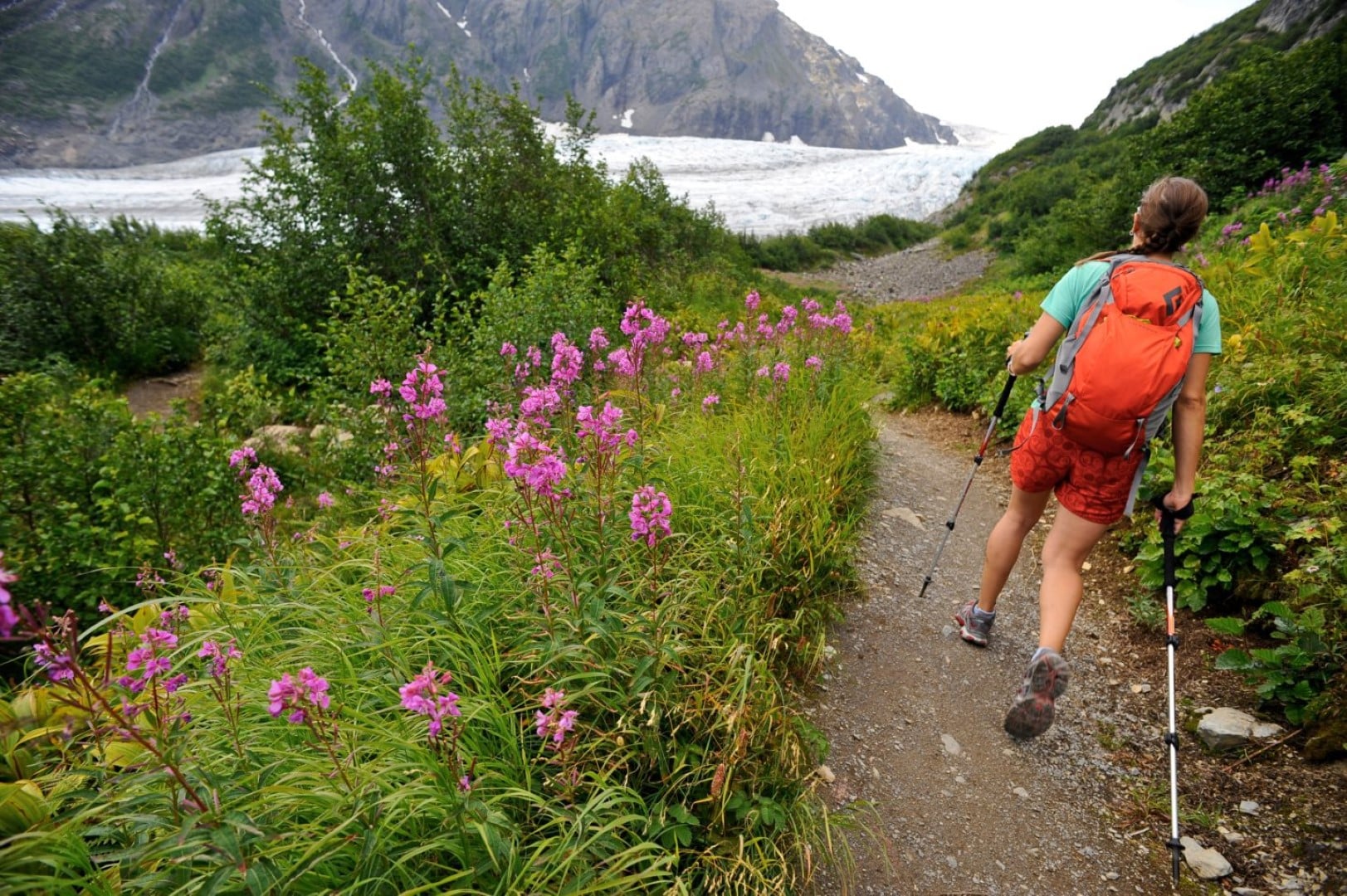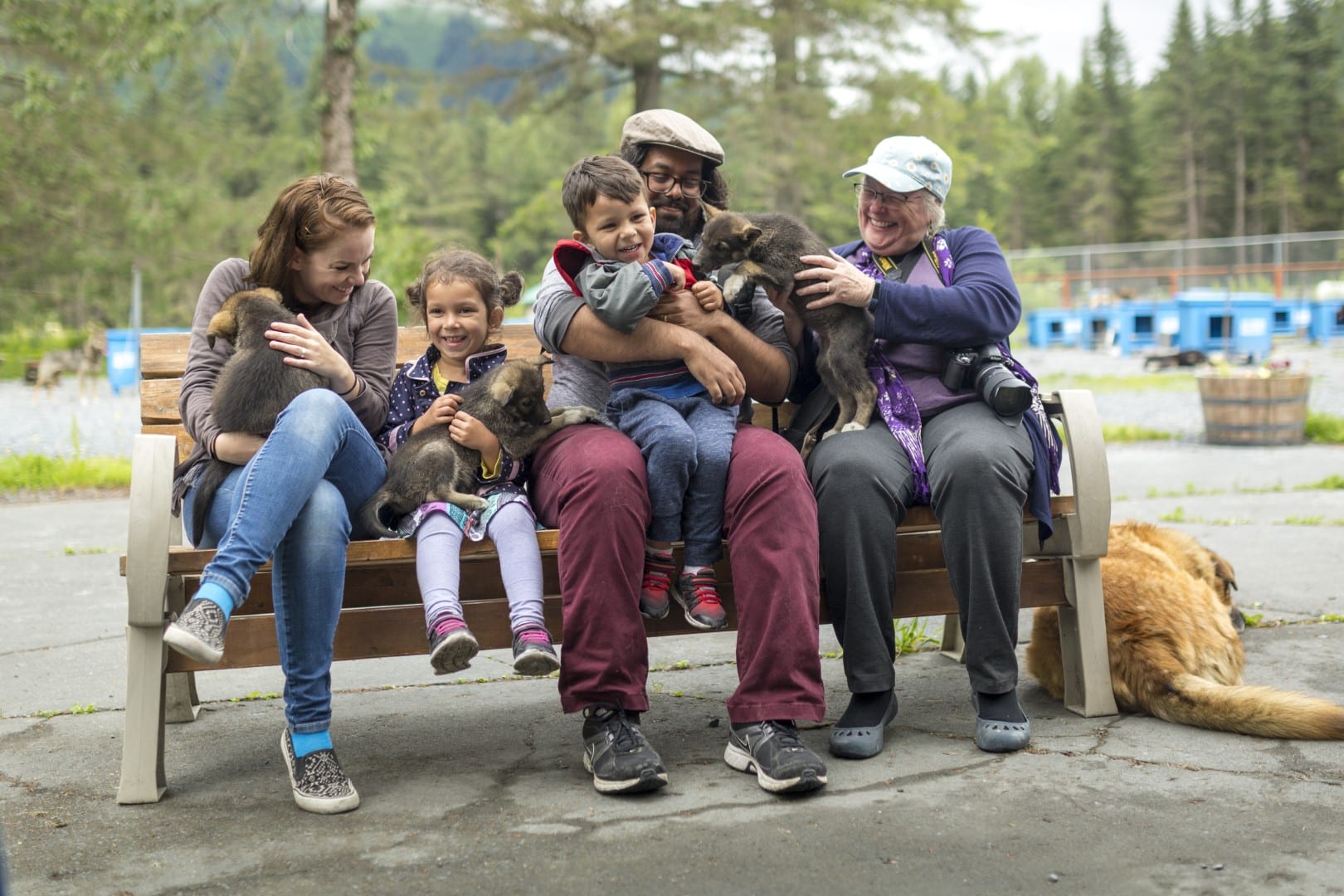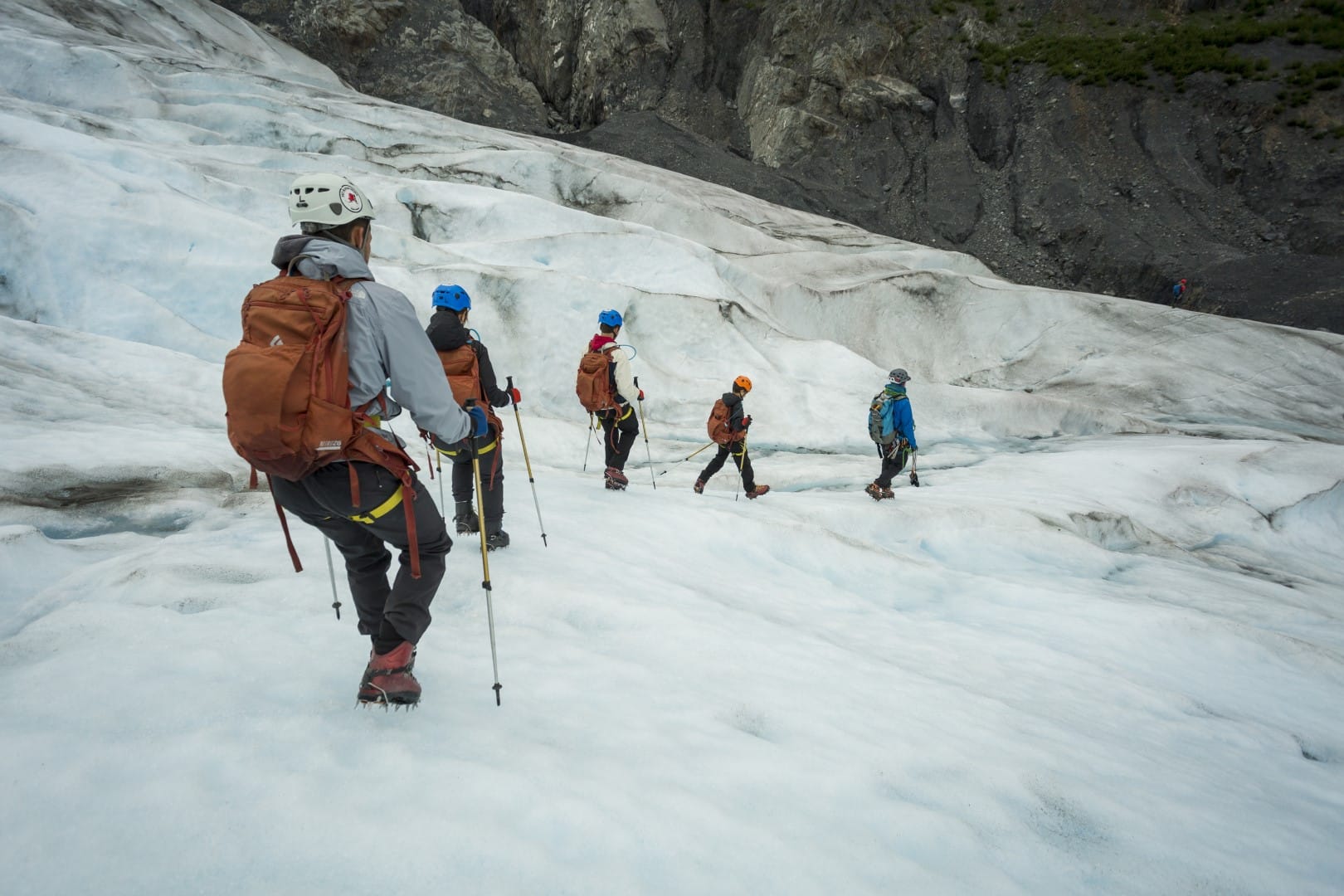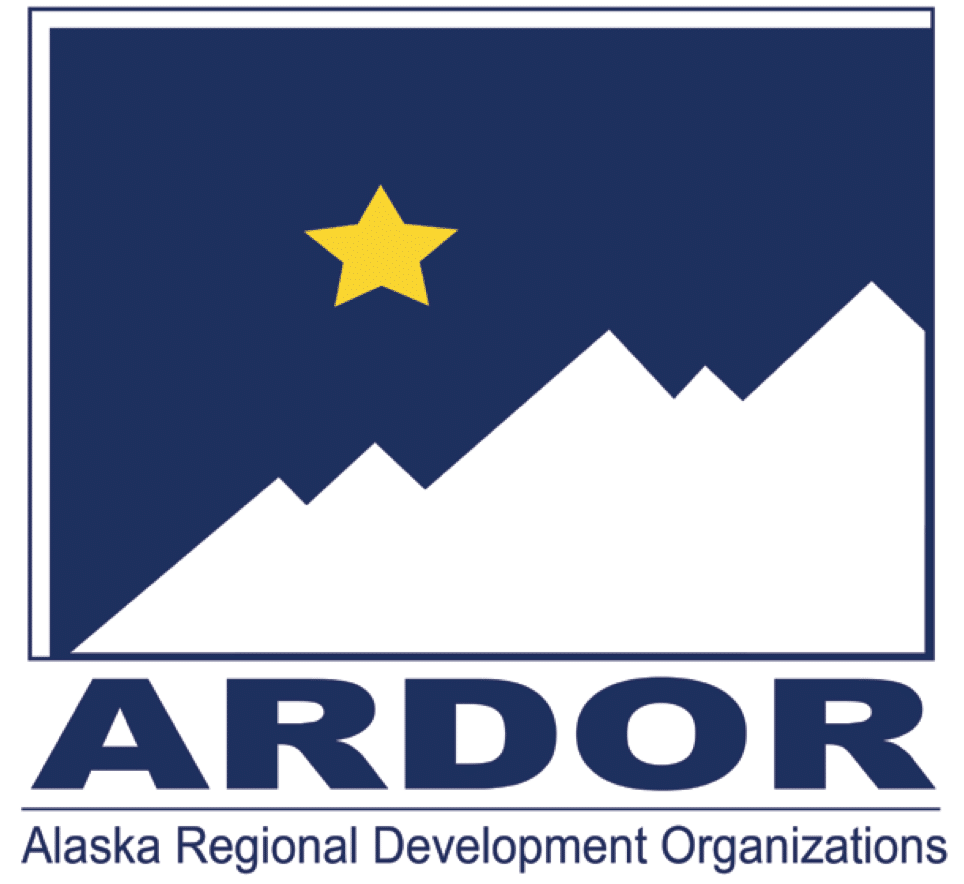Arctic Energy Ambassador
The Arctic Energy Ambassadors program is led by the Arctic Energy Office, in partnership with the Denali Commission, Alaska Municipal League, and with additional funding from the Office of Energy Efficiency and Renewable Energy and the Office of State and Community Energy Programs.
KPEDD’s Role
KPEDD’s role as an Arctic Energy Ambassador is to coordinate, facilitate and understand the energy plans of the CIRI Region’s communities, engage with community members on energy programs, energy efficiency systems and workforce development aspects within the energy industry. The Arctic Energy Ambassadors program will provide training and support to develop regional energy leadership in the state for selected, experienced practitioners (“Energy Ambassadors”) to improve energy security across Alaska’s Arctic region and beyond. Through deployment of energy projects and support for grant applications and technical assistance, the U.S. Department of Energy is delivering resources and partnership for the Arctic region, aligned with the DOE Arctic Strategy. The Arctic Energy Ambassadors will help ensure relevant resources are shared widely with the Arctic regions in Alaska to tap into these programs, answer questions, and prepare for clean energy transitions in their communities to combat the climate crisis and build climate resilience.
BACKGROUND
Originally conceived in 2014 under the DOE Office of Indian Energy Policy and Programs, the Alaska Energy Ambassadors Program developed regional energy leadership in the state through deployment of energy projects and support for grant applications and technical assistance. However, the program was limited to tribal stakeholders, had low-level funding, and focused on grants. The Arctic Energy Office (AE) seeks to reinvigorate this program to include all Alaska stakeholders and develop an Arctic Energy Office-led network of energy leaders to help move the state towards sustainable and impactful projects that could be supported by DOE programs or other federal funding sources, the State of Alaska, or private sector partners.



